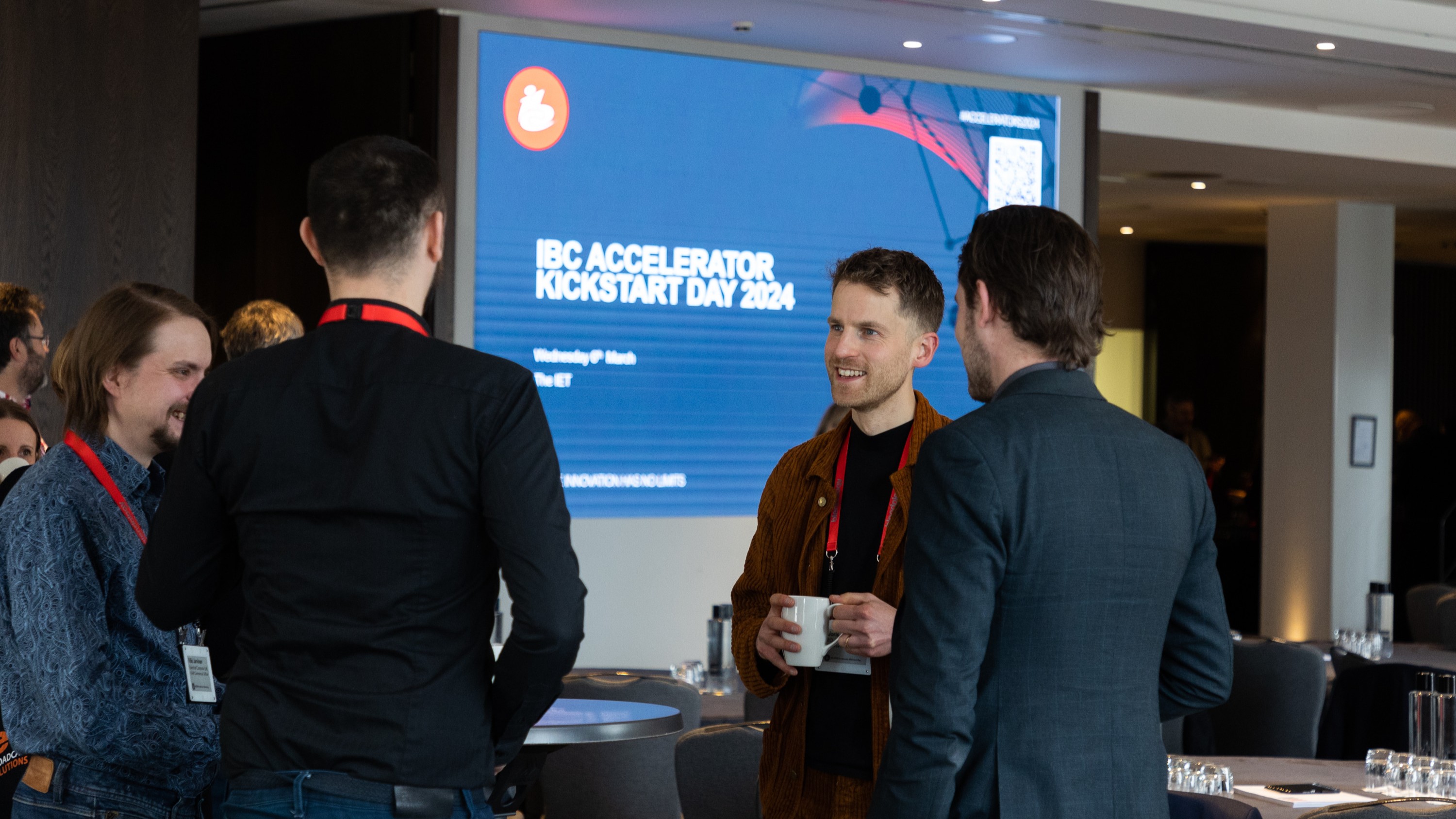A skilled and diverse team aims to develop a modern system where news organisations collaborate to identify disinformation and authenticate genuine reporting, restoring audience confidence in trustworthy information.
Design Your Weapons in the Fight Against Disinformation is one of eight challenges in this year’s cohort for the IBC2024 Accelerator Media Innovation Programme. The project is championed by the BBC, Paramount Global, CBS News, ITN, Transmixr, Media City Bergen, YLE and other world-leading broadcasters and news agencies. The participants are Hand Identity, 2G Digital, and Open Origins.
The challenge
Disinformation poses a significant threat to...
You are not signed in.
Only registered users can view this article.

Content Everywhere: a look back at 2024
As the year draws to a close, it seems an opportune time to ask Content Everywhere companies for their views on the top trends in 2024. As always, key industry players have been keen to respond with comments and views on how the past year shaped up both for them and the wider industry.

AI and the evolution of MAM: Part three – future outlook
In the final part of our investigation into MAM’s current and future relationship with AI, James McKeown analyses where the technology is likely to take asset management capabilities next, and the other factors driving the evolution of the space.

RSIFF: Kingdom underlines ambitions to become filmmaking powerhouse
Saudi Arabia's cinema market is experiencing a cultural renaissance, driven by increasing local productions and a growing appetite for diverse storytelling, reports Adrian Pennington from the Red Sea International Film Festival.

AI and the evolution of MAM: Part two – current applications
In part two of IBC365’s exploration of the MAM ecosystem, James McKeown finds out where AI is currently having the most positive impact on media workflows.

AI and the evolution of MAM: Part one – risk analysis
Forms of AI and automation have been making efficiencies in media asset management (MAM) systems for some time, but as the technology becomes more powerful and its potential applications more expansive, what are the major considerations and risks of AI’s role in MAM? James McKeown explores in the first of a three-part investigation.

.jpg)



